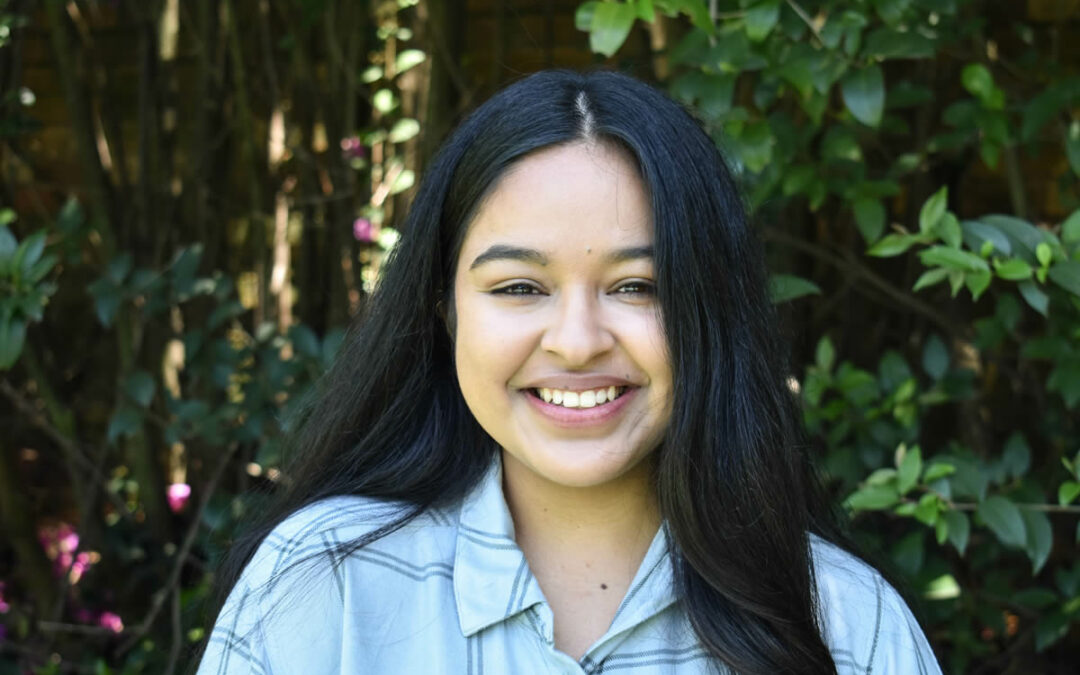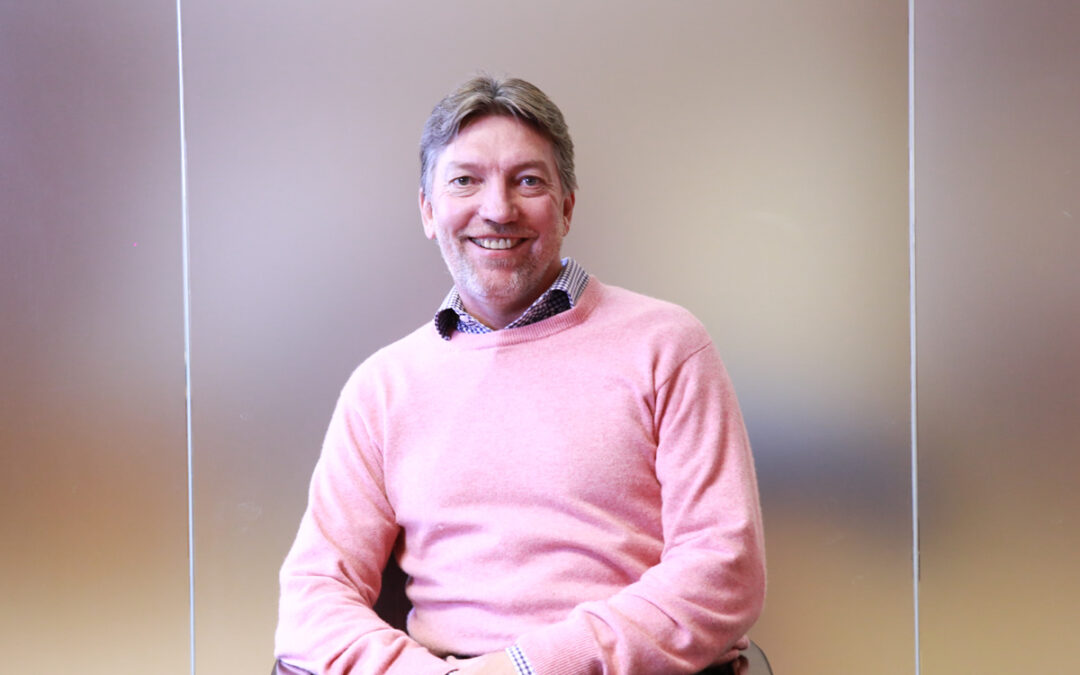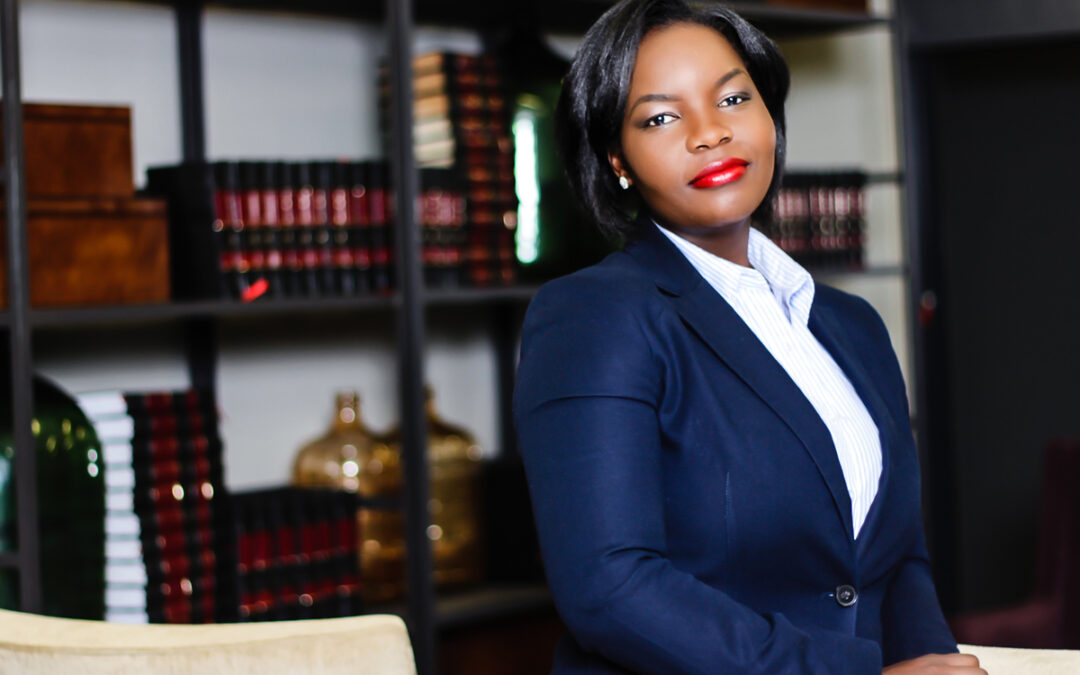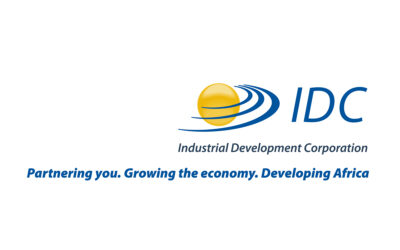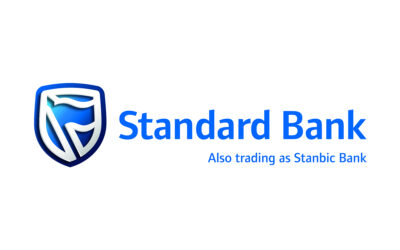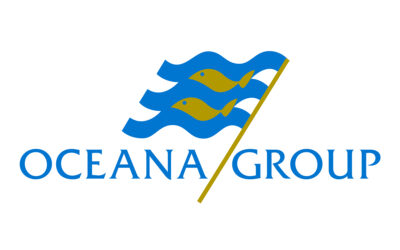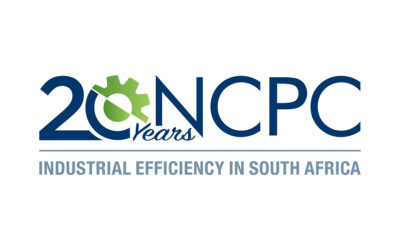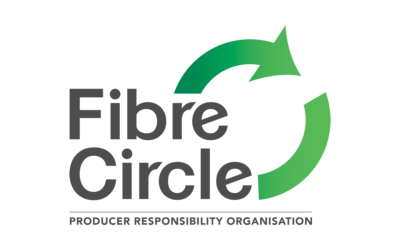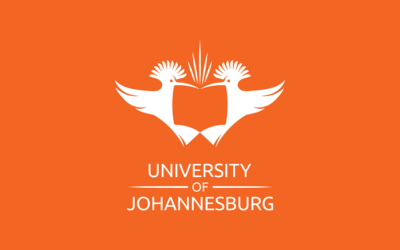“The process of mining has devastating effects on the environment and human lives. In the heart of the platinum mining belt of South Africa, the Sekhukhune Environmental Justice Network (SEJN) is a nonprofit organisation seeking justice for mining-affected communities.
The people of Sekhukhune have long relied on agriculture for their livelihoods. When minerals were discovered on the land, mining companies descended and, according to Mmathepelo Thobejane, one of the founders of SEJN, “everything changed”.
Indigenous trees were cleared, livestock lost grazing, and drinking water became contaminated. Thobejane recognised the need for an organisation to give voice to disenfranchised locals. In 2016 she, along with other leaders in the community, launched SEJN.
The organisation seeks compensation and justice for people affected by mining. It promotes environmental education through events such as fun walks, school talks and discussions. They’ve planted more than 1 000 indigenous trees in the area.
“It is important to keep this kind of work going so we can save Mother Earth and also protect those who dwell on it. They should be able to live a healthy life in an environment that is not harmful to their wellbeing,” says Thobejane.”
“South Africa is rich in minerals so there are more mines, smelters and power stations coming. We need to make sure people know the impacts of mines, smelters and power stations, and their environmental rights. People must be made aware that there are alternative ways of living.”

